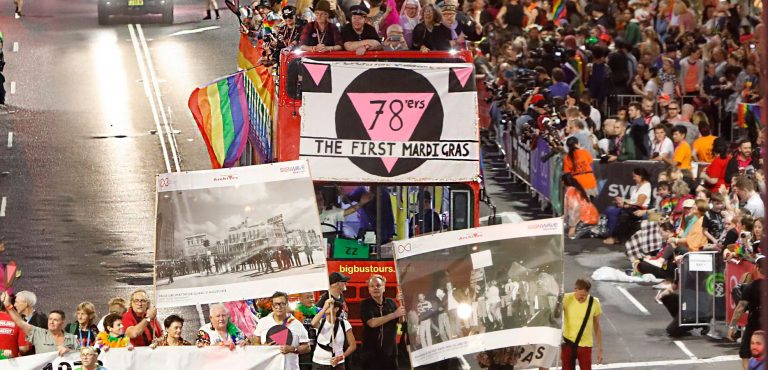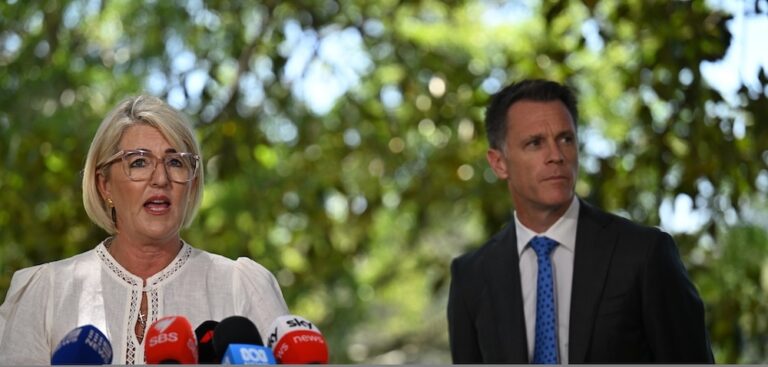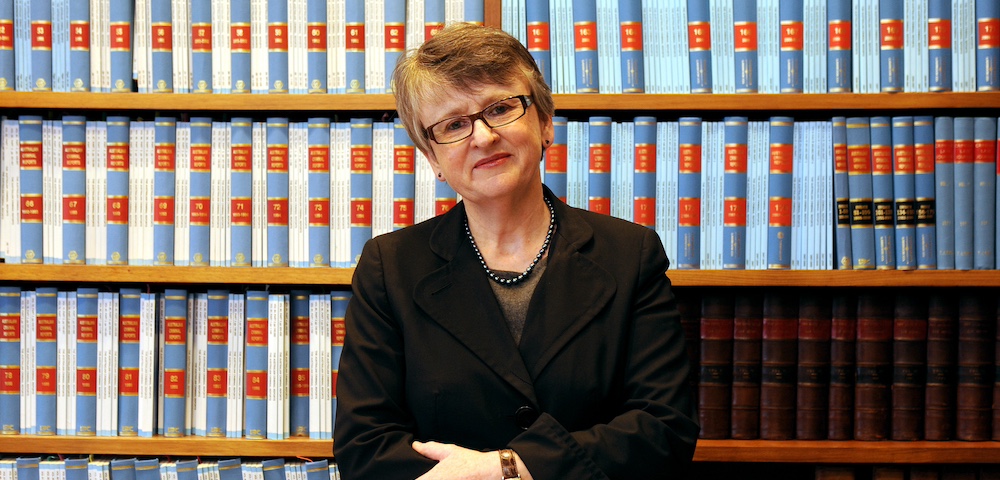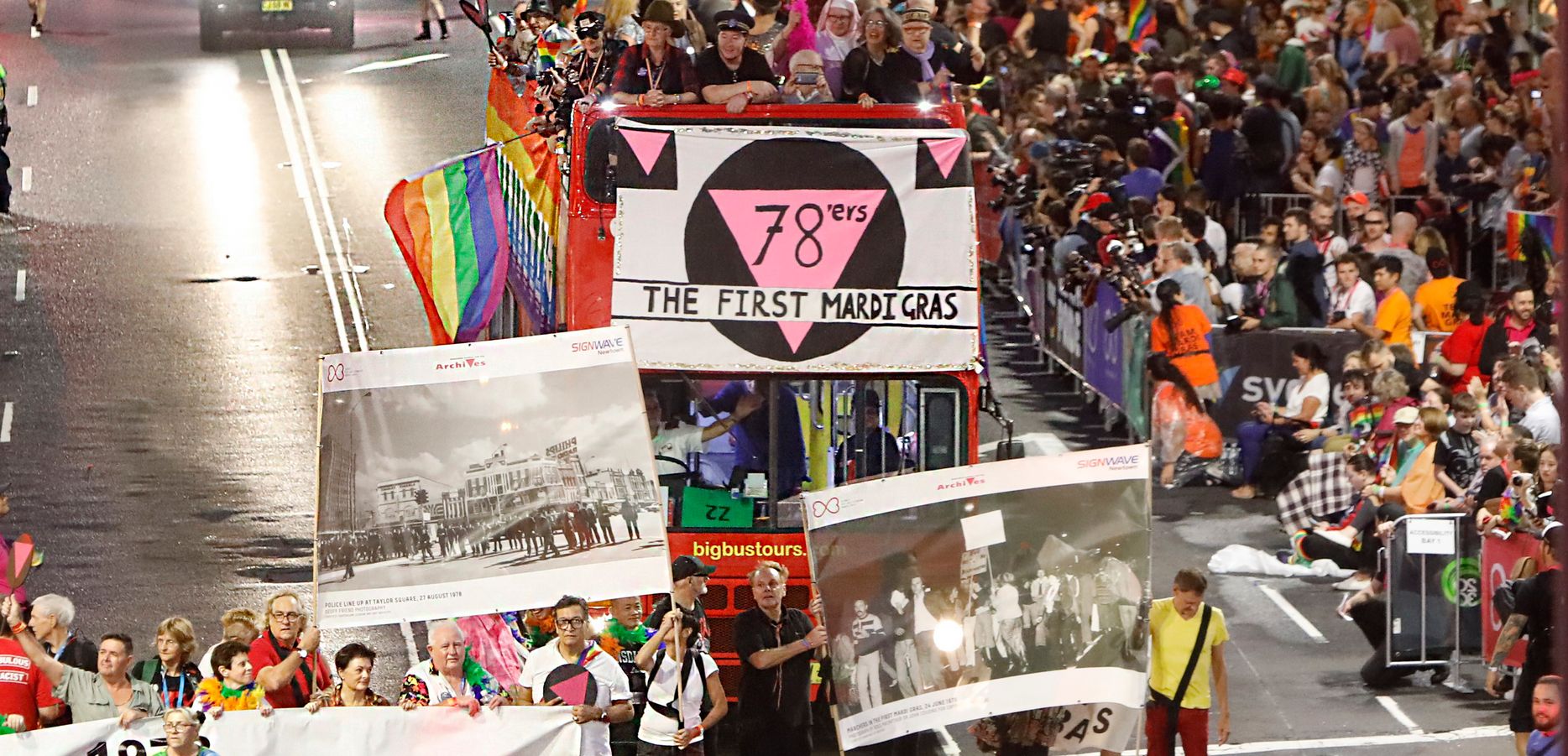
When Truman went to Kansas
Capote left me speechless. I sat pinned to my seat and caught my breath as the credits rolled.
My bets are on Philip Seymour Hoffman’s performance as the openly gay American writer Truman Capote to collect the Best Actor award at the Academy Awards.
This is an astonishing portrayal of the persuasive powers of the acid-tongued writer most popularly known for his novel Breakfast At Tiffany’s.
It is in the wake of Truman Capote’s success with that novel -“ and the Hollywood film starring an elfin Audrey Hepburn that followed -“ that we meet the man.
A born performer, he is witty, effusive, camp and high-pitched in voice. Capote is a darling of the literary set. Untouchable, he seems.
It is 1959 and Capote is on the hunt for a new literary challenge. He wants to find a true story through which, by applying the narrative devices of fiction, he can create a work as compelling as the best fiction.
He finds his subject -“ a family of four is murdered in the small Kansas farming community of Holcomb.
Capote convinces The New Yorker to send him and his childhood friend from Alabama to Kansas to write a feature article. That friend is Harper Lee (played by an Oscar-nominated Catherine Keener), herself soon to receive a Pulitzer Prize for To Kill a Mockingbird
When the killers Perry Smith and Dick Hickock are caught, Capote interviews them and realises that what is unfolding in Holcomb is bigger than one magazine article. It is a book with the potential to captivate a nation.
Capote worked on In Cold Blood for six years. The book was released after Smith and Hickock went to the gallows, and it became an immediate success.
Yet by then, Capote was a changed man. In Cold Blood was the last novel he completed. The remainder of his years were lonely and lost to drug and alcohol abuse.
Screenwriter Dan Futterman’s choice to explore this period of Capote’s life is an exceptional one. We meet the man at his peak and follow his failure to ride out the wave.
In Cold Blood left Capote a broken man. Hoffman’s performance is a study in ego and manipulation.
Capote‘s director, Bennett Miller, cut his teeth directing documentary and television commercials. Capote is his first fiction feature, not that his work betrays his inexperience. On the contrary, Miller is an assured director with a hand fully on the dramatic throttle.
Capote‘s supporting cast is excellent, particularly Chris Cooper as the Kansas Bureau of Investigation chief Alvin Dewey whose personal connection with the murder victims made remaining detached a challenge and Clifton Collins Jr as the killer Perry Smith, who mistakenly regarded Truman Capote as his friend and believed that the book would exonerate him of the murders.
Truman once wrote to a friend about In Cold Blood, Sometimes when I think how good it could be, I can hardly breathe.
One wonders if Hoffman thought the same about his performance. As Capote, Philip Seymour Hoffman has delivered the performance of his career. All accolades are deserved.










